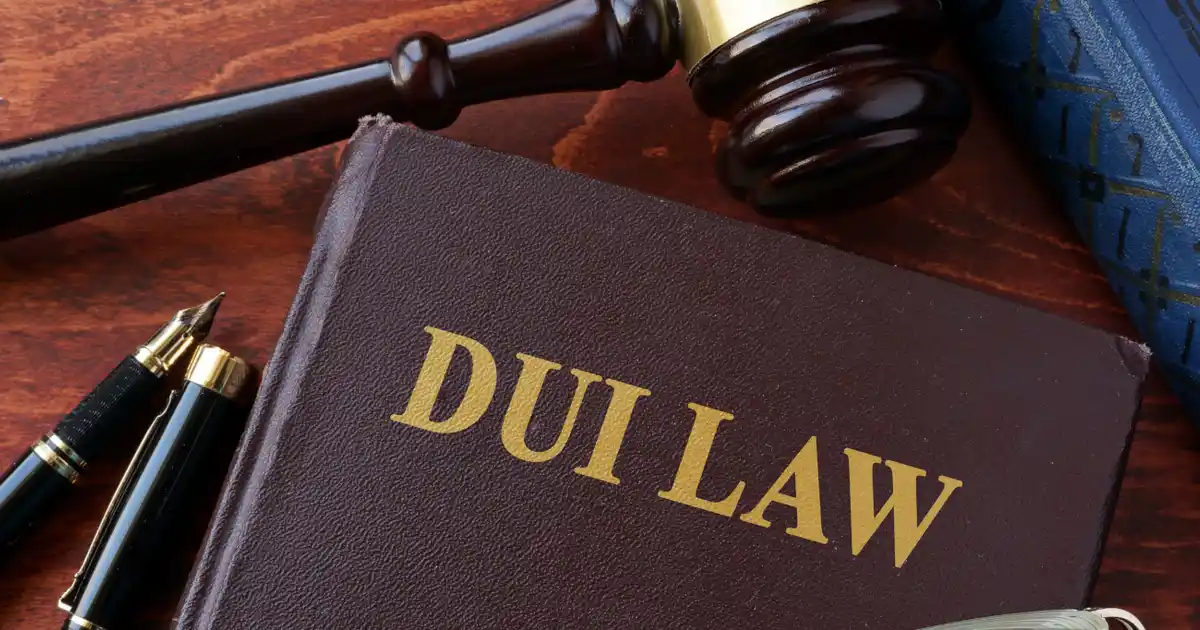DUI’s can be life-altering, both emotionally and financially. Navigating the repercussions and the costs associated with them can strain even the most diligent budgeter. Costly penalties, fines, and unexpected expenditures can really add up. that can strain your budget. But, with proper planning and informed decision-making, you can minimize these expenses. Today, we’ll walk you through some of the most effective ways to cut the common costs associated with DUIs, like legal fees, heightened auto insurance premiums, and ignition interlock devices.
Keeping Auto Insurance Costs Down
A DUI conviction can lead to a significant increase in your auto insurance premium. The average auto insurance rate increase is 70%. Here’s how you can manage this increase:
- Defensive driving course: Taking a defensive driving course can help. Many insurance companies offer discounts to those who complete this course, as it reflects your commitment to safe driving.
- Shop around: Insurance premiums can vary significantly between companies. Do your research, shop around, and compare rates.
- SR-22 insurance: After a DUI, you might be required to carry SR-22 insurance, a type of policy for high-risk drivers. It can be costly, but shopping around for the best rates will help.
Finding and Financing an Ignition Interlock Device
An ignition interlock device (IID) is often mandated for DUI offenders. This device, which requires you to pass a breathalyzer test before your car will start, is a way to ensure you’re not drinking and driving. It can be an expensive requirement, but here’s how to mitigate those costs:
- Research local providers: Costs can vary depending on the provider, so shop around. The average cost is between $70 and $150 per month, with a $100 to $200 installation fee.
- Look for discounts: Some providers offer discounts for long-term contracts or paying upfront.
- Apply for state assistance: If you’re struggling financially, you may be eligible for state assistance programs that can help cover some or all the IID costs.
Hiring an Attorney
You might wonder if it’s worth hiring an attorney after a DUI. The answer typically depends on the specifics of your case.
- Complex cases: If your case is complex (e.g., it involves an accident or injury), an attorney could be invaluable in reducing penalties or even getting the charges dropped.
- First-time offense: If this is your first offense and there were no aggravating circumstances, you might be able to handle it yourself. But, always consult with an attorney first to understand your options.
- Public defender: If you can’t afford an attorney, you have the right to a public defender.
On average, a DUI lawyer costs anywhere from $3,000 to $5,000. It may seem like a significant expense, but weigh it against potential savings in fines, penalties, and future insurance costs.
Financial Planning and Budgeting Post-DUI
A DUI conviction can have a significant impact on your financial situation due to the associated costs such as fines, increased insurance premiums, and attorney’s fees. It’s crucial to reevaluate and adjust your financial plan and budget accordingly.
- Prioritize your expenses: Prioritize your spending to cover your essential needs first, such as housing, food, and utilities.
- Cut back on non-essentials: Temporarily reduce discretionary spending, such as entertainment, eating out, or luxury purchases.
- Establish a payment plan: If you’re facing hefty fines, inquire about setting up a payment plan to spread the costs over a period.
- Set aside money for increased insurance: Your auto insurance is likely to increase post-DUI. Contact your insurer to get an estimate and start budgeting for this additional cost.
Preparing for Long-Term Consequences of a DUI
A DUI conviction can have long-lasting financial impacts. It’s important to prepare for these potential long-term consequences to avoid further financial strain.
- Potential job loss: If your job requires driving or a clean driving record, a DUI conviction could impact your employment. Start exploring alternative job options and develop a plan in case of job loss.
- Career impacts: Some professions require clean criminal records, and a DUI conviction can impact future job prospects. Consider seeking advice from a career counselor or a lawyer to understand potential impacts and ways to mitigate them.
- Credit score impact: If you’re unable to keep up with fines or increased insurance costs and it leads to missed payments, your credit score could suffer. Monitor your credit score regularly and take steps to maintain or improve it.
A DUI conviction can bring significant financial challenges, but with careful planning and budgeting, you can navigate these challenges and mitigate the long-term consequences.
Help Is Out There
A DUI conviction can be expensive, but it doesn’t have to cripple your finances. By taking strategic steps, like negotiating your insurance premium, investing in an ignition interlock device at a reasonable cost, and hiring an attorney when necessary, you can significantly cut these costs.
Remember, the path you choose should be right for your circumstances, and you should always consult a professional when in doubt. Continue to educate yourself online and learn more about your options to make the most informed decisions during this challenging period.
 Shutterstock: Vitalii Vodolazskyi
Shutterstock: Vitalii Vodolazskyi







